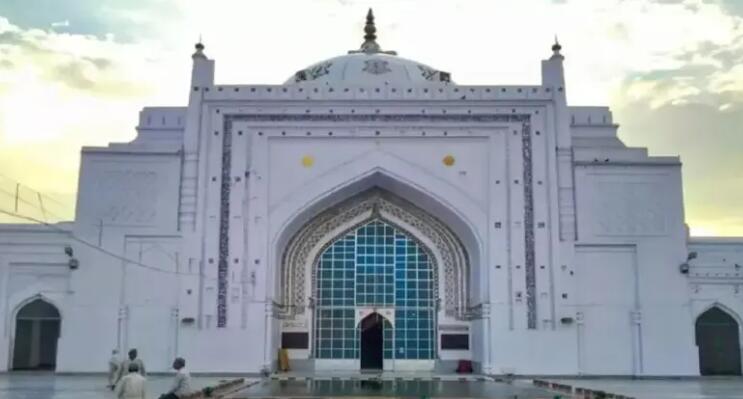The dispute over the Badaun’s Jama Masjid Shamsi vs the Neelkanth Mahadev Mandir dispute continues to unfold. The case, scheduled to be heard by the district court on 3rd of December, has been postponed to the 10th of December, as the Muslim side’s arguments remain incomplete.
The legal dispute began in 2022 when Mukesh Patel from the Akhil Bharat Hindu Mahasabha filed a petition asserting that the site of the mosque was originally home to a temple dedicated to Lord Neelkanth Mahadev. Mukesh Patel stated, “Historical records and surveys provide evidence that the mosque was built after demolishing a pre-existing temple. Our aim is not to target any community but to seek the restoration of our sacred heritage.”
Conversely, the Muslim side argues that there is no proof to support claims that the Shamsi Masjid was built over a temple. They maintain that the mosque was constructed by Sufi ‘saint’ Badshah Shamshuddin Altamash upon his arrival in Badaun, specifically as a place for worshipping Allah. They further assert that there is no evidence of a temple or idols ever existing at the mosque site.
The court was set to determine whether the case warrants a hearing, with a fast-track court established to oversee the proceedings. The Muslim side was initially tasked with presenting its arguments before the Civil Judge Senior Division Fast Track Court, after which the Hindu side was scheduled to present its case. Following the government’s submission, the Archaeological Department claimed the site as its property in the court.
The Muslim Intezamia Committee, managing the mosque has already presented its position in court on the 30th of November. Security measures around the court premises have been intensified, reflecting the gravity of the situation.
The Archaeological Survey of India (ASI) and the Uttar Pradesh government both are made parties to the case and the Places of Worship Act, 1991, which mandates maintaining the religious character of places of worship as they stood on August 15, 1947, serves as the legal framework for the proceedings.
